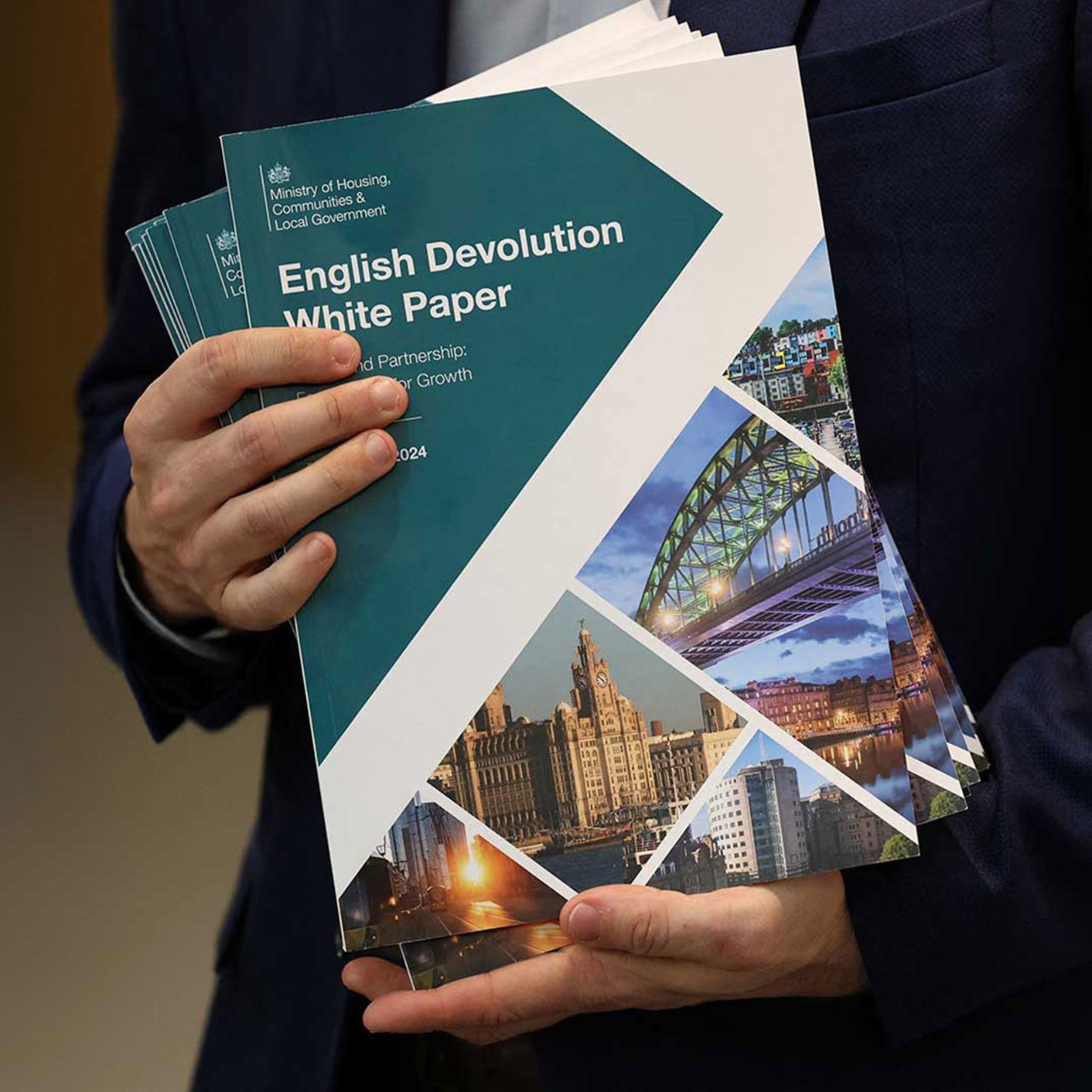
After the global financial crisis, many experts said ‘No one saw that coming’. This was both self-serving and untrue. Quite a few professional investors warned that a crisis was imminent but it was more convenient, both socially and professionally, for the others to turn a blind eye.
It is sometimes said of sceptical economists that they have forecast five of the last two recessions, but this critique misses the point. Listening to dissenting or uncomfortable views should be a fundamental part of a market regulator’s job, but most have a woeful track record.
The US Department of Justice investigation into the Bernie Madoff Ponzi scheme found that the Securities and Exchange Commission had received ‘detailed and substantive complaints over the years’ but failed to act. There is a fascinating snippet buried in one of the complaints that states that various Wall Street derivative trading heads knew that ‘Madoff was a fraud’.
Almost all accounting disasters give off a distinctive odour long before the proverbial fan is soiled
See it coming
All this got me thinking about financial regulators in the UK, which have a less than stellar record. The FCA (the market regulator) is currently in the spotlight, but the FRC (the audit regulator) also has a case to answer. I have a simple suggestion that would dramatically improve the FRC’s ability to be ahead of the curve.
I have observed many corporate accounting disasters over the years and they all had one thing in common: a number of clever people saw it coming. Sometimes this was based on rigorous analysis. Sometimes it was based on the ‘it-looks-too-good-to-be-true’ syndrome. Sometimes it was based on comments from peers and competitors. And often it was based on two or three of these factors.
The lack of openness reminded me of Arthur Dent’s experience of planning permission
My point here is that almost all accounting disasters give off a distinctive odour long before the proverbial fan is soiled. The obvious question to ask is why these warning signs are almost always overlooked.
Arduous process
About 10 years ago, I reported a UK company to what was then called the Financial Reporting Review Panel (FRRP). I thought that the company was in clear breach of IFRS Accounting Standards, a view that was shared by a substantial number of analysts and investors. My complaint was eventually upheld but the process was interesting for all the wrong reasons.
The first surprise was that the FRRP had no idea that anything was amiss. It does invite ‘well-informed’ complaints from individuals but they don’t exactly make it easy. The lack of openness reminded me of Arthur Dent’s experience of planning permission in The Hitchhikers Guide to the Galaxy; I’ve referred to this before in the context of obscured environmental, social and governance disclosures.
I suggested the FRRP start an outreach programme to improve their knowledge of potential disasters
The second surprise was that there was at the time no guarantee of anonymity, although this seems to have improved. The third surprise was that the process took well over a year and there was complete radio silence in the interim.
I suggested to the head of the conduct committee at the time that the FRRP should start an outreach programme. Staff could spend a few days each year talking to the senior analysts from investment banks and fund managers, asking them if they had concerns about any specific companies or sectors, with a guarantee of anonymity. This would cost nothing and hugely improve the FRRP’s knowledge of potential disasters.
I recently attended a presentation by a staff member from the Corporate Reporting Review body (the successor to the FRRP), which is part of the FRC, who was explaining how they look for potential problems, largely based on internal desk-based research. I asked her whether there was an outreach programme, and was disappointed but not surprised that the answer remains ‘no’.
Just reflect on how the Madoff scandal could have evolved if regulators did outreach.



